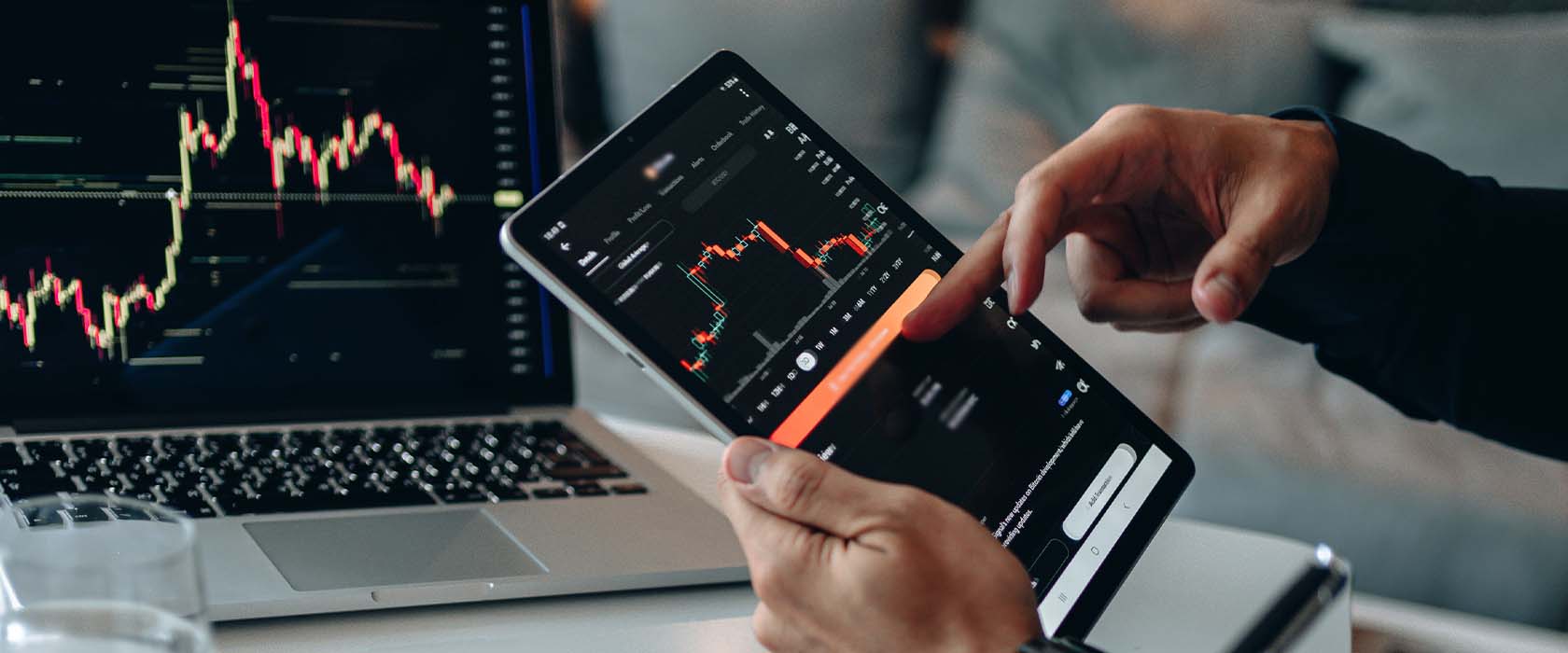Economics is about more than money, it’s the science of choice
Economics is often thought of as a purely money-focused discipline. However, as Prof. Jo Seung-Gyu from the National University of Singapore explains, this narrow view ignores its broader purpose as the science of choice. This article will explore the engaging aspects of economics that affect your daily life.






